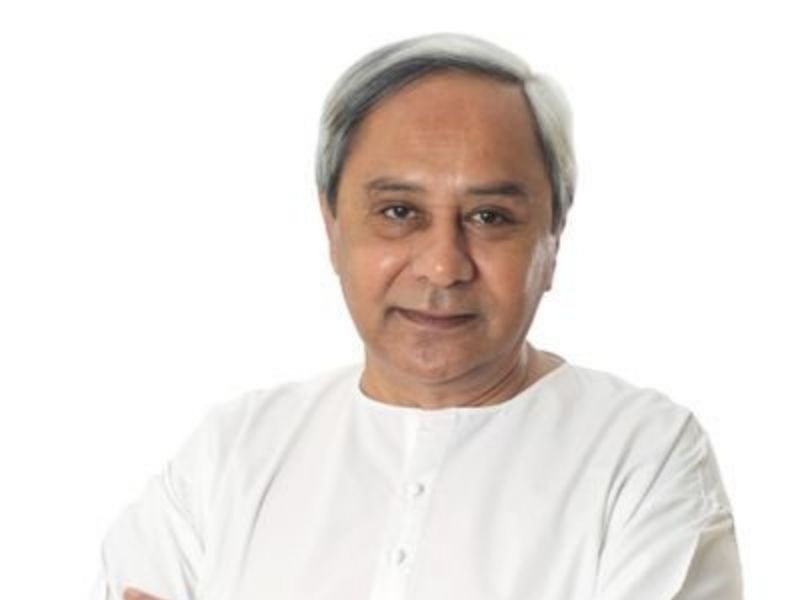Odisha chief minister Naveen Patnaik urged the Centre on Sunday to conduct a study on how many children from the Naxal-hit regions of the country succeed in national-level examinations.
He also said economic prosperity is the “biggest” anti-Naxal measure and hence, all the states affected by Left-Wing Extremism (LWE) should aim for it.
Patnaik said this at a high-level meeting chaired by home minister Amit Shah with the chief ministers and officials of 10 LWE-hit states in New Delhi.
“MHA (Ministry of Home Affairs) should do a study on how many children from these LWE-affected areas across the country are getting into national-level examinations like NEET, IIT, JEE and others,” he said.
“If our systems continue to bypass these areas, it is not going to help the cause of the people of the LWE-affected areas,” the Biju Janata Dal (BJD) leader added.
Maintaining that Naxalism remains a “critical internal security challenge” for the country, he said even while fighting Covid-19, Odisha sustained its efforts to curb LWE activities with substantial success.
Patnaik also put forth several other proposals, including expanding National Highway-326 from Jeypore to Motu via Malkangiri to four lanes.
“This will provide a parallel road for traffic from eastern India, Chhattisgarh and Jharkhand states to the south, especially Bengaluru and Hyderabad. This corridor, in addition to reducing the travelling time substantially, will also provide huge economic impetus to this region,” he said.
Noting that the Naxal-hit districts are not part of the railways network, Patnaik said the railway ministry and the Odisha government are constructing lines from Jeypore to Nabarangpur and Jeypore to Malkangiri through cost-sharing.
The Odisha chief minister said there are 6,278 villages in the state’s southern and western parts without any mobile connectivity — the highest number in the country.
He thanked the Union home ministry for sanctioning 488 mobile towers for Odisha recently, but said an estimated 2,000 more mobile base stations will be required to provide coverage to the uncovered villages.
“It is also pertinent that most interiors depend on mobile connectivity and mobile internet for banking, education and delivery of all government services. Today, the basic need, therefore, is 4-G mobile base stations at all places. It is, therefore, required to upgrade the 2-G base stations also, erected earlier,” Patnaik said.
He urged the Centre to take expeditious steps to set up banks in these areas, for which the state government will provide land and infrastructure free of cost.
The chief minister said from 70 per cent of the state’s 30 districts being hit during the peak of Naxal activities, Odisha now hardly has parts of three districts affected by it.
“In our experience in handling the LWE, one of the important learning points is that accessibility and in turn, economic prosperity is the biggest anti-LWE measure we should aim for and these have to be done in scale,” he said at the meeting.
Patnaik said the Odisha government is committed to continuing with the pro-active security strategy, combined with sustained and holistic development of tribal areas to address the issue of Naxalism.
Earlier, speaking to reporters in New Delhi on the issue of OBC reservation, the Odisha chief minister said his government is fighting for it.
Also Read: Ingenious tribal children development model
